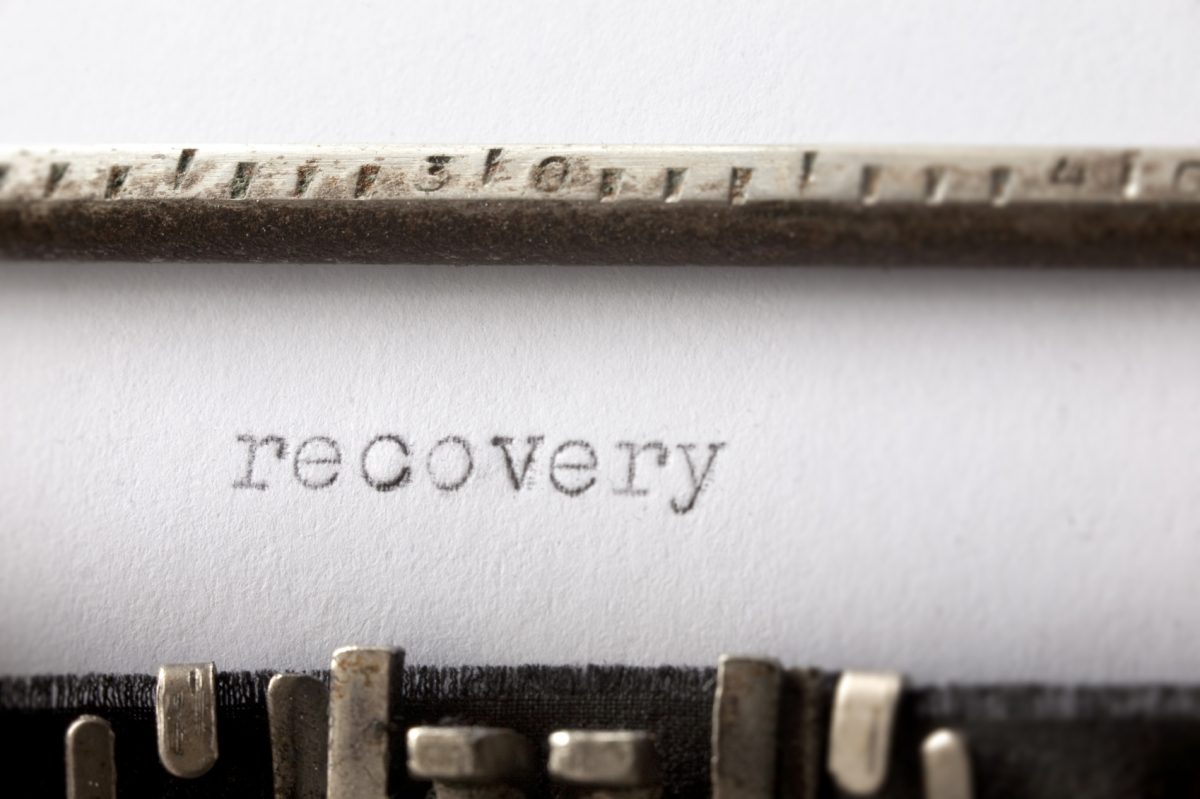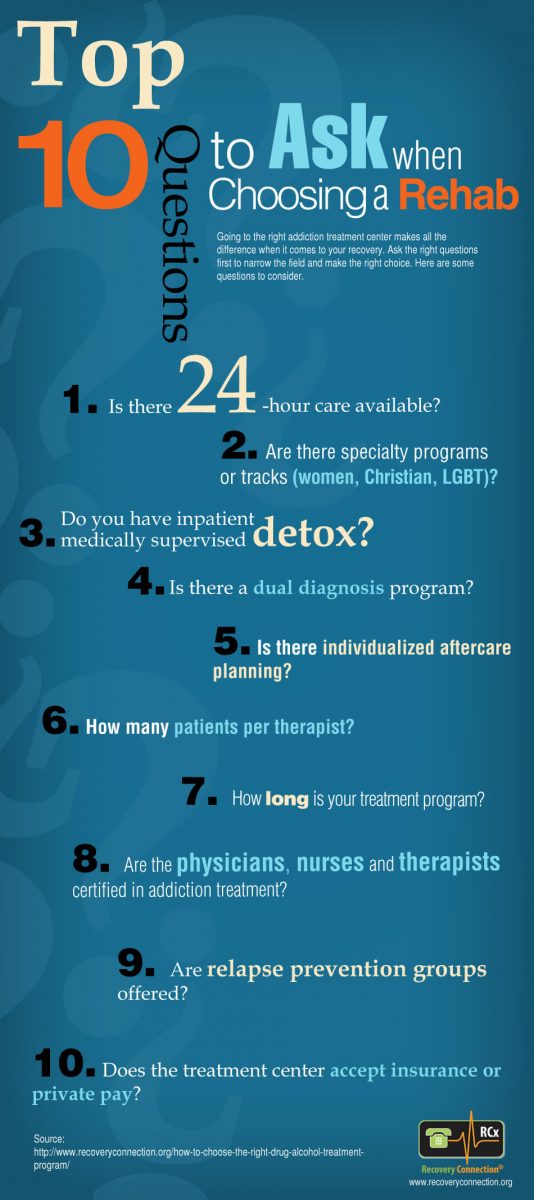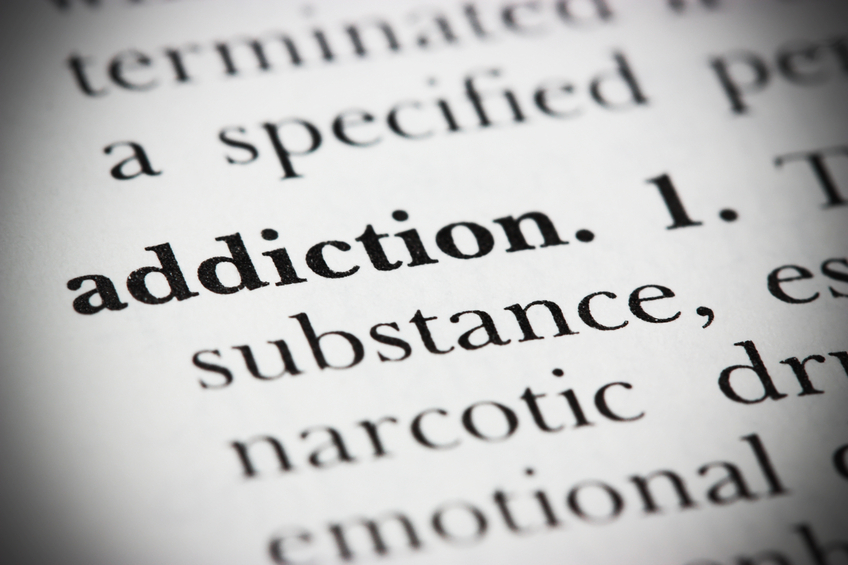
As you progress in your recovery from addiction, you may need to continue to stretch yourself. You may need to create new goals and set your sails for greater and greater horizons to raise the bar on your recovery. You might have gotten sober, but perhaps you’re still not living the life you want. Perhaps you’re still struggling with issues that feel like obstacles in your healing.
The following suggestions might be useful in giving your recovery a boost. It can help you raise the bar on your recovery so that it helps you heal all areas of your life, not just healing from addiction.
Focus on Hope – There are many definitions of hope. However, one that is simple and useful is: looking forward to something with desire and having a reasonable expectation that that desire will be fulfilled. If you don’t have any hope, it’s hard to create it. However, you can begin to focus on an imagined future. What do you hope to do, wish to have, or hope to become? What is even the smallest possibility you wish to have in your life?
Set Clear Goals – With the above questions answered, you can start to create your goals. The advantage of having goals is that then all of your choices can be focused in the direction you want. And you can have your goals in mind throughout your day, which can trigger ideas and help you take advantage of opportunities you might not have thought of before. With goals in mind, you can move closer to them versus remaining stagnant.
Positive Relationships – Although there are some people who prefer to spend their time alone, when you’re in recovery, having a community of people around you to support you can be incredibly effective. This is especially true if those people believe in you and if they can see in you the possibility for change. Having meaningful friendships where you can be yourself is important during recovery.
Successful Role Models – When you spend time with others who have achieved long term sobriety, you can learn from them. But more than that, they tend to have a particular mindset that you may not have yet developed. And in their company and by conversing with them, you might start to develop the mindset that they’re in rather than a mindset that has been holding you back for so many years. Having successful and healthy people around you can support your growth.
Time for Self-Care – Relationships, careers, finances, and home life can begin to break down with the presence of addiction. For this reason, one way to counter the destructive elements of addiction is to find time to care for yourself. This might mean taking a long walk in the evenings or spending time with someone you care about. It might also mean time for yoga or meditation. Or it could simply mean playing ball with friends. Whatever activity is nourishing for you, making time for it throughout your day can be an essential tool to use during your recovery.
These are tips for expanding your recovery so that you feel supported in all areas of your life. The best recovery is a holistic one, one that addresses your physical, emotional, psychological, social, and even spiritual well being. If you would like support with your recovery, contact a mental health provider today.
If you are reading this on any blog other than TranscendTexas.com,
it is stolen content without credit.
Connect with us on Twitter, Facebook, and Instagram.
Come and visit our blog at http://TranscendTexas.com/blog/









